The recent announcement of Kazakhstan's visa-free policy for Chinese citizens has sent ripples through the travel industry, particularly in the realm of winter sports. As snow begins to blanket the mountainous regions of this Central Asian nation, a surge of Chinese ski enthusiasts is transforming the local tourism landscape. The timing couldn't be better for Kazakhstan's ambitious plans to position itself as a premier winter destination.
Almaty, the country's largest metropolis nestled at the foothills of the Tian Shan mountains, has become ground zero for this tourism revolution. The city's modern ski resorts, which once catered primarily to Russian and local elites, are now seeing Chinese-language signs popping up everywhere - from rental shops to apres-ski restaurants. Hoteliers report occupancy rates doubling compared to last winter season, with many properties fully booked through the Chinese New Year period.
What makes Kazakhstan particularly appealing to Chinese skiers? Industry experts point to several factors beyond just the visa convenience. The exchange rate makes Kazakhstan an extremely affordable option compared to European or Japanese ski destinations. A week-long ski vacation here costs about half of what one might spend at comparable resorts in South Korea. Additionally, the time zone difference is minimal, eliminating the brutal jet lag that comes with transcontinental travel.
The snow conditions in Kazakhstan's mountain ranges are drawing particular praise from professional skiers making the journey. "The powder here is drier and more consistent than what we get in most Chinese resorts," remarked Wang Lin, a ski instructor from Beijing leading a group of twenty clients. "For advanced skiers looking for challenging terrain without the crowds of Europe, this is becoming the best-kept secret in Asia."
Local businesses are rapidly adapting to cater to their new clientele. Restaurants in popular resort areas now offer Chinese menus, and many ski instructors have begun taking Mandarin lessons. The government has also stepped in, training tourism operators in Chinese cultural norms and preferences. "We noticed Chinese tourists prefer different amenities - like thermoses of hot water readily available and more vegetable options in meals," explained Aigerim Kuanysh, director of Almaty's Tourism Development Center.
Beyond the ski slopes, the visa-free policy is creating unexpected cultural exchanges. Many Chinese tourists are extending their stays to explore Kazakhstan's cities and historical sites. The Silk Road heritage, particularly in cities like Turkistan and Shymkent, is proving surprisingly popular. "We came for the skiing but fell in love with the history and hospitality," shared Zhang Wei, a tourist from Shanghai visiting with his family. "The blend of Soviet architecture and Central Asian culture is fascinating."
The economic impact is being felt across multiple sectors. Airlines have added direct flights from several Chinese cities to Almaty and Nur-Sultan. Local gear rental shops are investing in higher-quality equipment to meet discerning Chinese customers' expectations. Even the real estate market is seeing movement, with reports of Chinese investors purchasing vacation properties near major resorts.
However, this rapid growth hasn't come without challenges. Some locals express concerns about overcrowding at popular ski areas, while others worry about maintaining the region's cultural identity. Environmentalists are calling for stricter regulations to protect mountain ecosystems from overdevelopment. "We welcome the economic benefits but must ensure sustainable growth," cautioned environmental activist Arman Zholdasbekov.
Looking ahead, tourism officials are optimistic about long-term prospects. Plans are underway to develop new ski areas and improve infrastructure. The success of the visa-free policy with China has prompted discussions about extending similar arrangements to other countries. For now though, all eyes remain on the growing stream of Chinese visitors carving turns down Kazakhstan's pristine slopes, writing a new chapter in Central Asia's tourism story.
As the winter season progresses, one thing is clear: Kazakhstan's decision to open its doors to Chinese tourists has unlocked enormous potential. What began as a policy change has blossomed into a cultural and economic phenomenon, connecting people across borders through shared love of winter sports and adventure. The mountains of Kazakhstan, long known locally for their beauty, are now gaining international recognition as must-visit destinations for ski enthusiasts worldwide.

By Lily Simpson/Apr 7, 2025
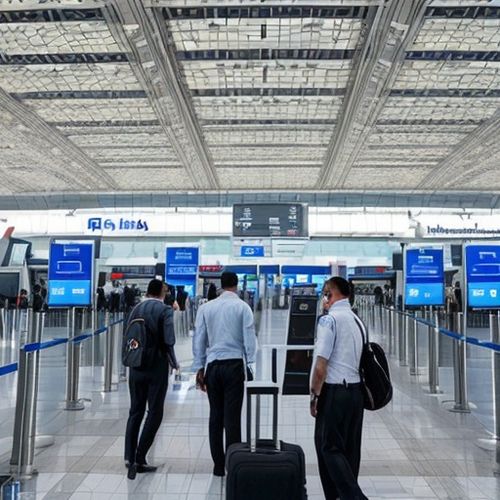
By Samuel Cooper/Apr 7, 2025
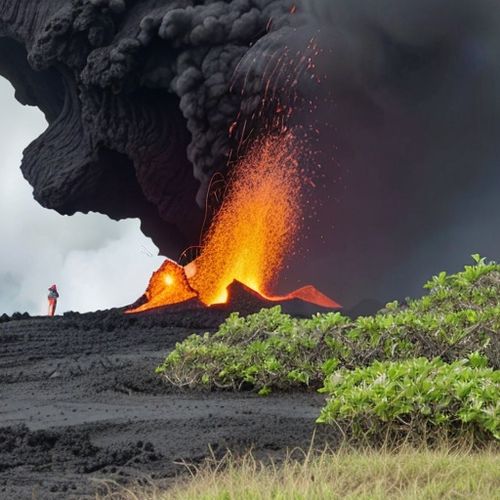
By Rebecca Stewart/Apr 7, 2025

By Sarah Davis/Apr 7, 2025

By Rebecca Stewart/Apr 7, 2025

By Amanda Phillips/Apr 7, 2025

By Natalie Campbell/Apr 7, 2025
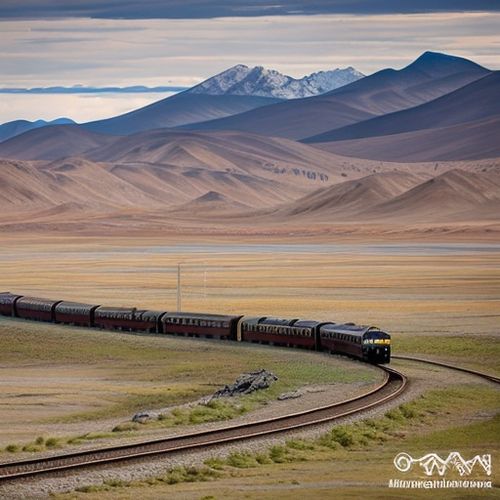
By Jessica Lee/Apr 7, 2025
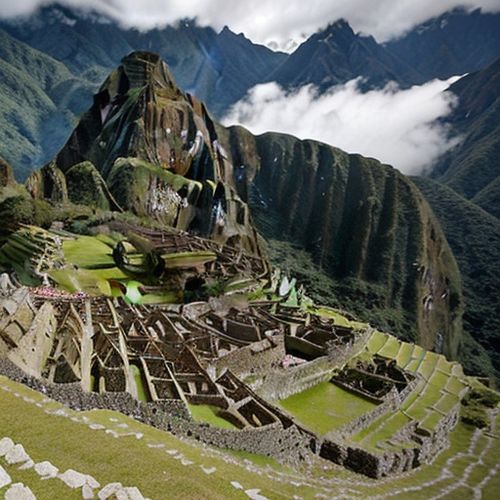
By Thomas Roberts/Apr 7, 2025
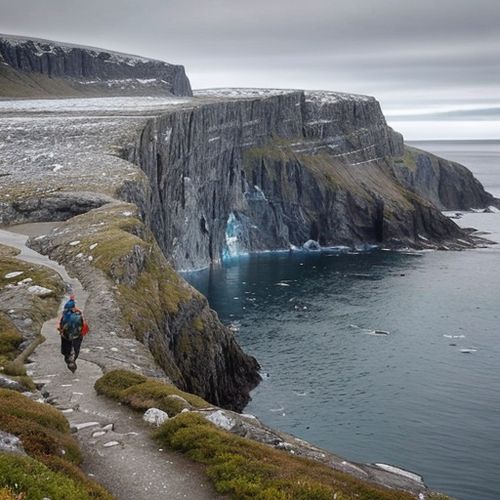
By Daniel Scott/Apr 7, 2025
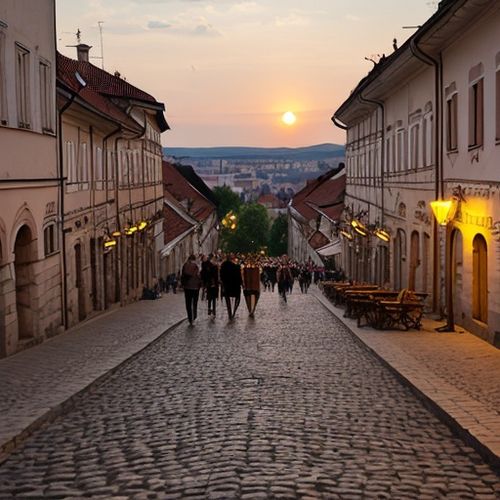
By Emily Johnson/Apr 7, 2025
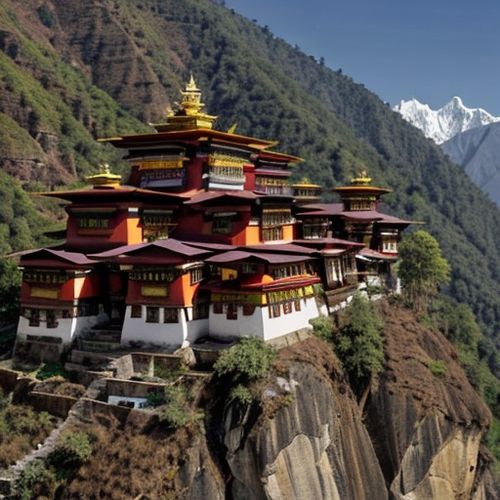
By Victoria Gonzalez/Apr 7, 2025

By George Bailey/Apr 7, 2025

By Rebecca Stewart/Apr 7, 2025
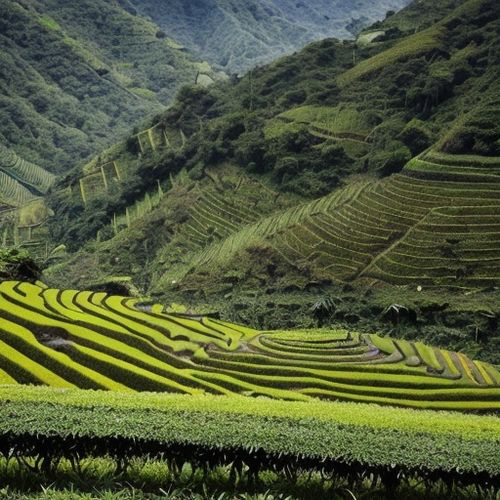
By Elizabeth Taylor/Apr 7, 2025
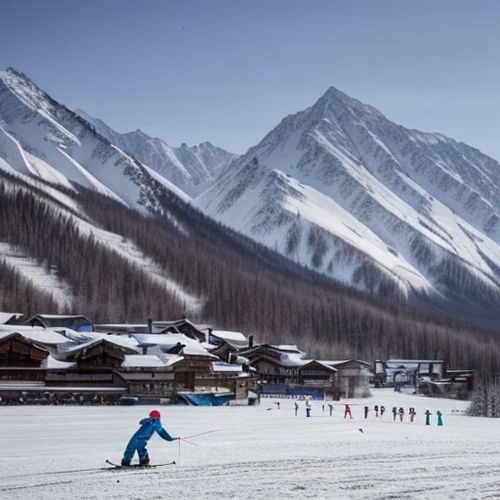
By Thomas Roberts/Apr 7, 2025
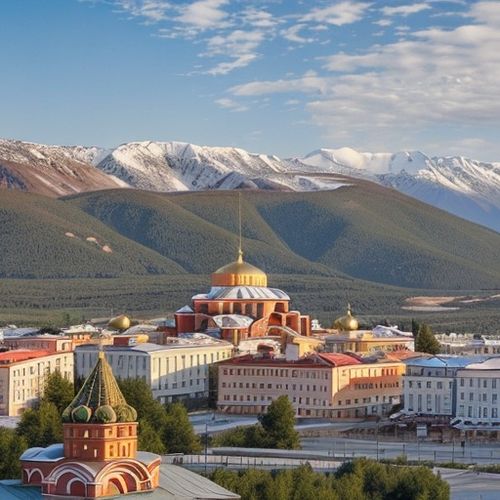
By Lily Simpson/Apr 7, 2025